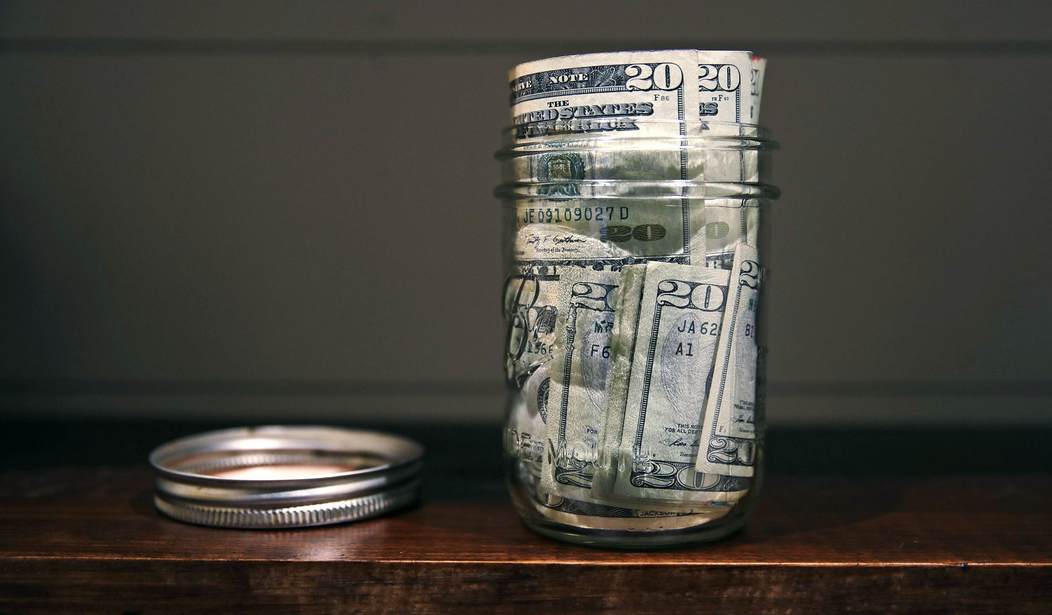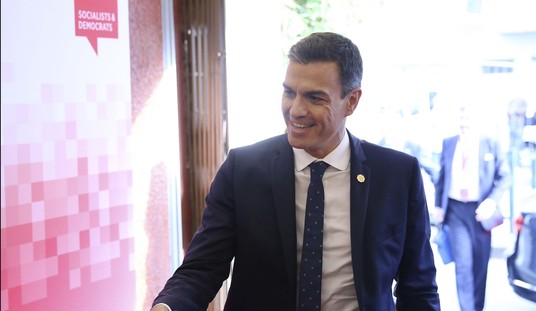Here’s another topic that seems to crop up every couple of years but doesn’t get any sort of resolution on a national level. There’s long been a serious debate over the practice of police initiating what are known as civil asset forfeitures when pulling over suspects and searching their vehicles. It can also happen in people’s homes. These are typically cases where a person is stopped and found to be carrying large sums of cash or other valuables. In such cases, police are routinely allowed to confiscate the money or merchandise if the police “suspect” that it may have been tied to illegal activity, most commonly drug trafficking. But even if the suspect is not found to have any contraband and is never even charged with a crime related to the seizure, they often face huge barriers in terms of recovering what was taken. Sometimes they never recover it at all. That’s what happened to Nang Thai and Weichuan Liu back in April of this year. (NBC News)
A pair of New Mexico businessmen were driving along Interstate 40 in Oklahoma late one night in April when a sheriff’s deputy flipped on his lights and sirens and pulled over their BMW sedan.
The two men, Nang Thai and Weichuan Liu, were on their way to a hotel in Oklahoma City. They planned to catch some sleep before heading out in the morning to close on a 10-acre plot of farmland they’d agreed to buy for $100,000…
Unbeknownst to them at the time, Thai and Liu were about to begin an hourslong ordeal that would leave them stripped of all their cash and searching for answers. Their case highlights the controversial law enforcement practice known as civil asset forfeiture, in which police can confiscate a person’s cash or other property even without bringing criminal charges.
The two men were taken to the Sheriff’s Department where they were questioned for hours. The Sheriff’s Deputies say they confiscated $131,500 in cash from the car. The men claim that it was actually $10,000 more. The car was torn apart, but no drugs, weapons, or other illegal evidence was found. The men were released without even getting a traffic ticket, but they still haven’t gotten the money back. The Sheriff’s Department still says the Deputies believed the cash “was intended to be used to violate drug laws or resulted from illegal drug transactions.”
A background check revealed that Liu had a 2017 conviction for growing marijuana in California, but no other priors.
We’ve discussed similar cases here in the past, such as a 2014 case where a young man had $14,000 taken from his carry on bag while attempting to board an airplane and couldn’t get it back. All of them seem to beg the same types of questions. Why were Nang Thai and Weichuan Liu traveling cross-country to complete a real estate purchase of that size in cash? Who does that in 2021? In the 2014 case I mentioned, the suspect claimed that he just preferred cash transactions and his bank “didn’t have many outlets.”
It’s certainly suspicious, but there was apparently nothing else that showed up associated with the men’s activities that was deemed to be illegal. If there had been, I assume they would have been charged with something. And if there was no crime alleged, wouldn’t keeping more than $130,000 dollars of their money be the same as imposing a gigantic fine of them without a judgment against them? It doesn’t seem as if it should be legal, but it still happens on a regular basis, somehow.
Some states, including Florida, have moved to limit civil asset forfeitures. In the Sunshine State, a civil court must meet a standard of proof “beyond a reasonable doubt,” before such a forfeiture can be mandated. 36 states have enacted rules to limit the practice, but only Nebraska, New Mexico and North Carolina have abolished it entirely.
The bottom line, at least for me, is that anyone driving around with more than $100K in a bag in this day and age rightly raises suspicions. But suspicions are not enough to convict a person of anything, to say nothing of imposing punishment on them. And removing that much cash from somebody is obviously a form of punishment. If Oklahoma can’t find something to charge Nang Thai and Weichuan Liu with, they need to be given their money back. It really should be just that simple.








